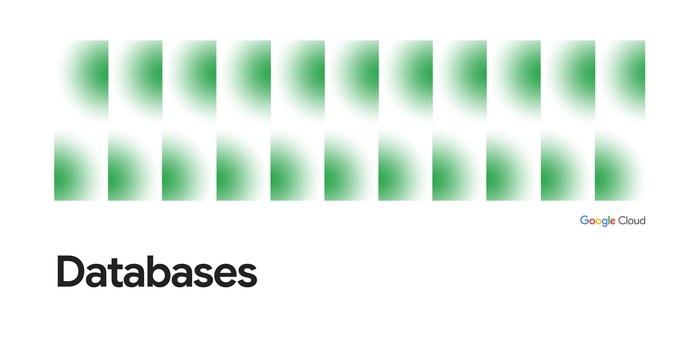Ford achieves reductions in routine database management tasks using Google Cloud database services
Nimisha Shah
Director of Database Services, Enterprise Platform Engineering and Operations, Ford Motor Co.
Editor’s Note: The Ford Motor Company, one of the most recognizable auto brands in the world, recently updated its database strategy to modernize its workloads and focus on managed database services from Google Cloud. Ford has seen a large drop in the time spent on database-related operational tasks by managing databases in Google Cloud.
Since 1903, Ford has been a household name when it comes to automotive innovation. From the first moving assembly line to the latest driver-assist technology, we strive to stay at the forefront of the industry so that every person is free to move and pursue their dreams. That overarching vision also extends to our internal IT teams, which are always looking for ways to modernize and improve our technology stack.
At the database level, our goal is to enable always-on products with minimum downtime. By migrating to fully managed Google Cloud databases like Cloud SQL, we significantly reduced our management overhead. We’ve already seen a large drop in database-related operational tasks.
The need for a shift in focus
Our database fleet was spread across cloud and on-premises environments, leveraging various technologies. Provisioning and managing resources in those systems posed a big challenge. Every tech refresh was time consuming, especially upgrading to major versions and applying security patches to each database instance. In addition, scalability was a big — and unpredictable — issue. We had to forecast the amount of resources we would need to keep up and increase our database capacity. And beyond that, we were also managing backups of on-premises resources. All of this work required a global team of database administrators who were busy supporting Day 2 activities just for our on-premises fleet.
Driven by cloud database solutions
Our database strategy needed to be cost-effective, boost resiliency, increase cloud adoption and collaboration, and modernize applications across the business. As we looked for cloud-based alternatives, the Google Cloud portfolio of database services offered a variety of solutions. We saw they would not only quickly address our current requirements, but also help us build for the future.
Google Cloud’s database offerings provide versatility with open-source options — spanning relational, document-based, analytics, and hybrid workloads. Global accessibility and multi-regional distributed databases offered seamless data flow and the elastic nature provided the scalability, resilience, and minimal downtime essential to our always-on product vision.
The way Google envisions the integration of data and artificial intelligence (AI) supports Ford’s modernization plans.
Accelerating our journey to Google Cloud databases
Today, we’ve migrated databases to Google Cloud across Cloud SQL, Spanner, Bigtable, Firestore, AlloyDB, Memorystore, and MongoDB Atlas. This process was facilitated by both external and native tools for both homogeneous and heterogeneous migrations, and was a smooth, efficient process. We've put together a standard set of tools within Google Cloud that we call our Opinionated Stack. This tailored framework helps with the migration of additional applications, smooths the transition to databases, and provides the ability to leverage Cloud Run and Cloud SQL. All of this helps us meet our goal of a cloud-first architecture.
With the help of Cloud SQL, we have met our database processing requirements, including data protection needs. We’ve seen a reduction in time spent on database-related operational tasks with zero backup failures. The agility afforded by serverless products has enhanced our operational efficiency and saved time in managing the lifecycle of our databases.
Google Cloud databases has led to a significant performance boost, with some products showing a 30% improvement in performance.
Gaining an edge for the future
Our goal is not just about modernization for the sake of staying current — it's about redefining what efficiency, collaboration, and innovation mean at Ford.
We're fostering an environment of continuous learning and adaptation, crucial for keeping pace with the ever-evolving tech frontier and maintaining our leadership in the automotive industry.
As we look to the future, we aim to fully harness the potential of managed services, generative AI, and cloud database technology to drive efficiency, resilience, and innovation. This helps Ford continue to set industry benchmarks and deliver on our promise of freedom of movement in an increasingly connected world.
Get started:
-
Dive into the Google Cloud databases portfolio.
-
Discover the benefits of Cloud SQL and get started with a free trial today!
